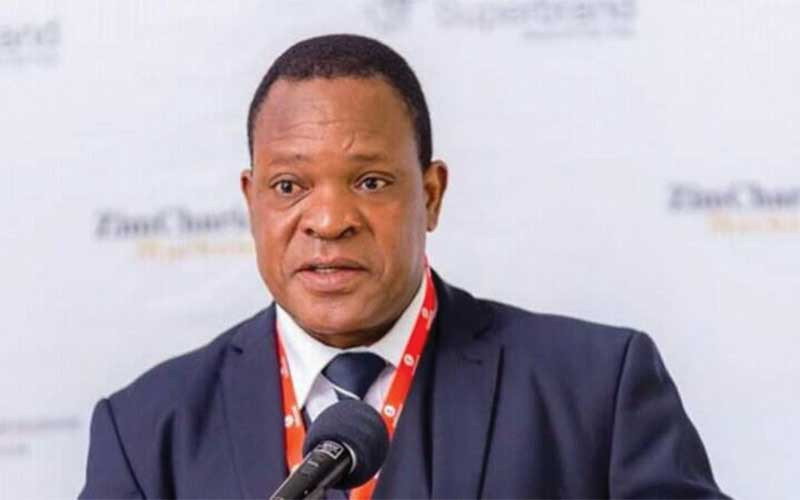
GOVERNMENT is implementing measures to lessen El Niño effects, including the rehabilitation and restoration of irrigation systems, while stepping up climate-proof farming, a Cabinet minister has said.
El Niño is a naturally occurring climate pattern typically associated with increased heat worldwide as well as drought in some parts of the world and heavy rains in others.
The phenomenon occurs on average every two to seven years and episodes typically last nine to 12 months.
Lands and Agriculture minister Anxious Masuka told journalists at the 2023 government and World Food Programme (WFP) joint World Food Day celebrations held at Bwerudza Irrigation Scheme in Chipinge, Manicaland province, on Saturday last week that government was targeting to accelerate irrigation development and dam construction to save the country from El Niño impact.
“We climate-proof agriculture at two levels, at household level, we use the sustainable intensive conservation model dubbed Pfumvudza/Intwasa and we want all the Pfumvudza tenets to be followed religiously,” Masuka said.
“That is, rolling out mulching and organic lime placement, but most importantly, we want the agro-ecological matching to be done that is the right crop for the right region and desisting from putting maize in regions 4 and 5.
“But putting more of our traditional grains and at national level, we must accelerate irrigation development, dam construction and rehabilitation of these irrigation schemes so that we can climate proof agriculture.”
The development comes as the United Nations (UN) warned the world to prepare for the effects of El Niño, saying the weather phenomenon, which triggers higher global temperatures, is set to persist through 2023 and years to follow.
- Govt to distribute grain as hunger stalks millions
- Coping with drought through WFP’s resilience programme
- Zim’s urbanites facing high prices
- Rural women and eradication of poverty
Keep Reading
The UN’s meteorological department said El Niño was already underway adding that there was a 90% chance that it would start in the current half of the year.
It was also noted that El Niño’s warming effect on global temperatures is usually felt most strongly within a year of its onset — in this case in 2024.
However, WFP country director Francesca Erdelmann told NewsDay that they are conducting resilience programmes to minimise the impacts of El Niño.
“So, as WFP, we have two main programmes in place. One is big resilience programme — a rural development programme which has a lot of components related to climate, components related to livelihoods and agriculture,” Erdelmann said.
“And we have a lean season assistance programme that is coming into effect from January to March, where we provide assistance to people in districts that are running out of food even from the last harvest. So, these programmes are already in place.
“Now on top of that, we put in an additional package including drought tolerant seeds, cowpeas, in particular, support to better access to water, extra boreholes and rehabilitating some of the reservoirs and the facilities that are already in the communities and climate services.”
Erdelmann further pointed out that Zimbabwe is not immune to the looming threat of climate change, adding that the impending El Niño season is a reminder of the challenges the country faces which go far beyond poor crop production and food insecurity and threaten lives.
“Through our El Niño Impact Mitigation and Anticipatory Action Approach, we will support communities to safeguard and strengthen access to water, enhance climate-smart agricultural practices and strengthen delivery and use of climate services.”







